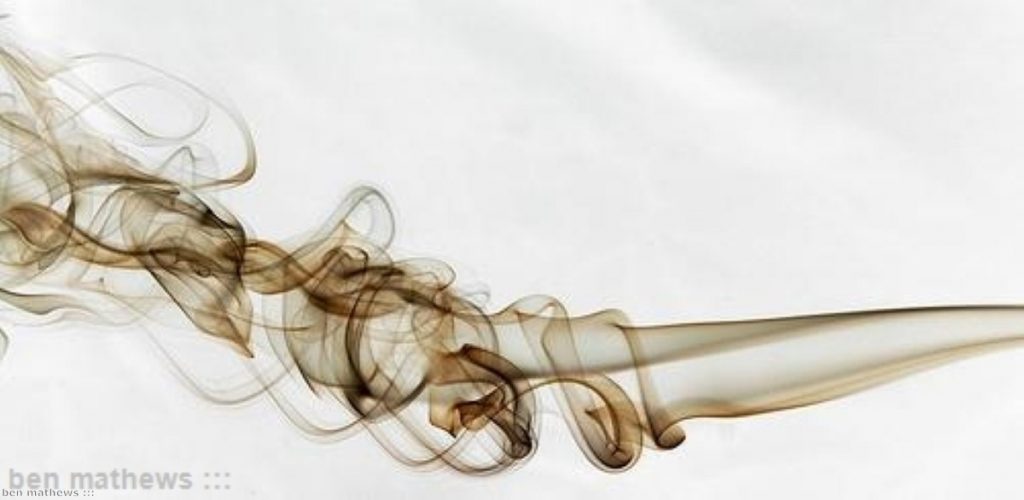Pick of the Week: High Times
Five: BBC must have confidence in itself if it's to survive coming battle with government
The week started with reports about a might-have-been-a-joke-but-then-again-you-never-know-with-these-people comment from David Cameron that he wanted to close down the BBC. Joke or not it seemed to speak about the prime minister's feelings about the corporation, especially given he made renowned licence fee sceptic John Whittingdale media secretary ahead of charter renewal. But perhaps more concerning than Cameron's comments were those of the BBC director general, who seemed to accept that the licence fee only had another ten years to live. We argued that the BBC would need more self-confidence if it was to survive its encounter with a hostile government.
Four: Gove offensive reveals behind-the-scenes Tory attack on Freedom of Information
Couple of Gove stories this week, as the new justice secretary settles into his post. The first was on efforts to change the Freedom of Information Act, following the government defeat over Prince Charles' black spider letters. The ministerial veto, which judges ruled did not really exist, is probably going to be strengthened/created, while Gove is at work trying to add officials' thinking time to the costs of a request, meaning many more will come in over the expenditure limit. It’s a nonsense really, designed to seal up a law which turned out to be much more liberating than ministers expected it to be. And we can't have that.


Three: Baptism of fire: Gove facing de-facto legal strike
A remarkable meeting in Liverpool on Wednesday night saw a wildcat strike (you're not allowed to call it a strike but that's basically what it is) over cuts to legal aid. What was fascinating was how barristers and solicitors, two groups who are usually competitive to put it mildly, worked together on it – despite resistance from national barrister representatives. The next few days could see the action (sorry – the series of individual decisions which is not a strike or an example of collective action) spreading nationwide. If it does, it'll be a major challenge for Michael Gove.
Two: It's official: The Misuse of Drugs Act is the worst law of all time
Our competition for the worst British law of all time finally came to an end this week with the Misuse of Drugs Act narrowly edging out the Health and Social Care Act. We celebrated by giving away three tickets to see Magna Carta at the British Library and with a quick overview of the Act's accomplishments since it was passed in the early seventies. Falling drug prices, higher purity, more people killed, more in jail, more acquisitive crime to fund habits, more HIV deaths from dirty needles and more countries falling into failed state status due to their proximity to trade routes. Overall, it was hard to argue with the choice.
One: The government is silencing its own drug experts
Our top piece of the week looked at how the government's own drug advisors seem to have been actively side-lined in the writing up of the psychoactive substances bill. There's a good reason for that: it makes them redundant. The council keeps being unhelpful by informing the home secretary that the drug she is about to ban is completely harmless so they really had to go. It seems that turning your back on evidence altogether is the only way to make a war on drugs work.

















